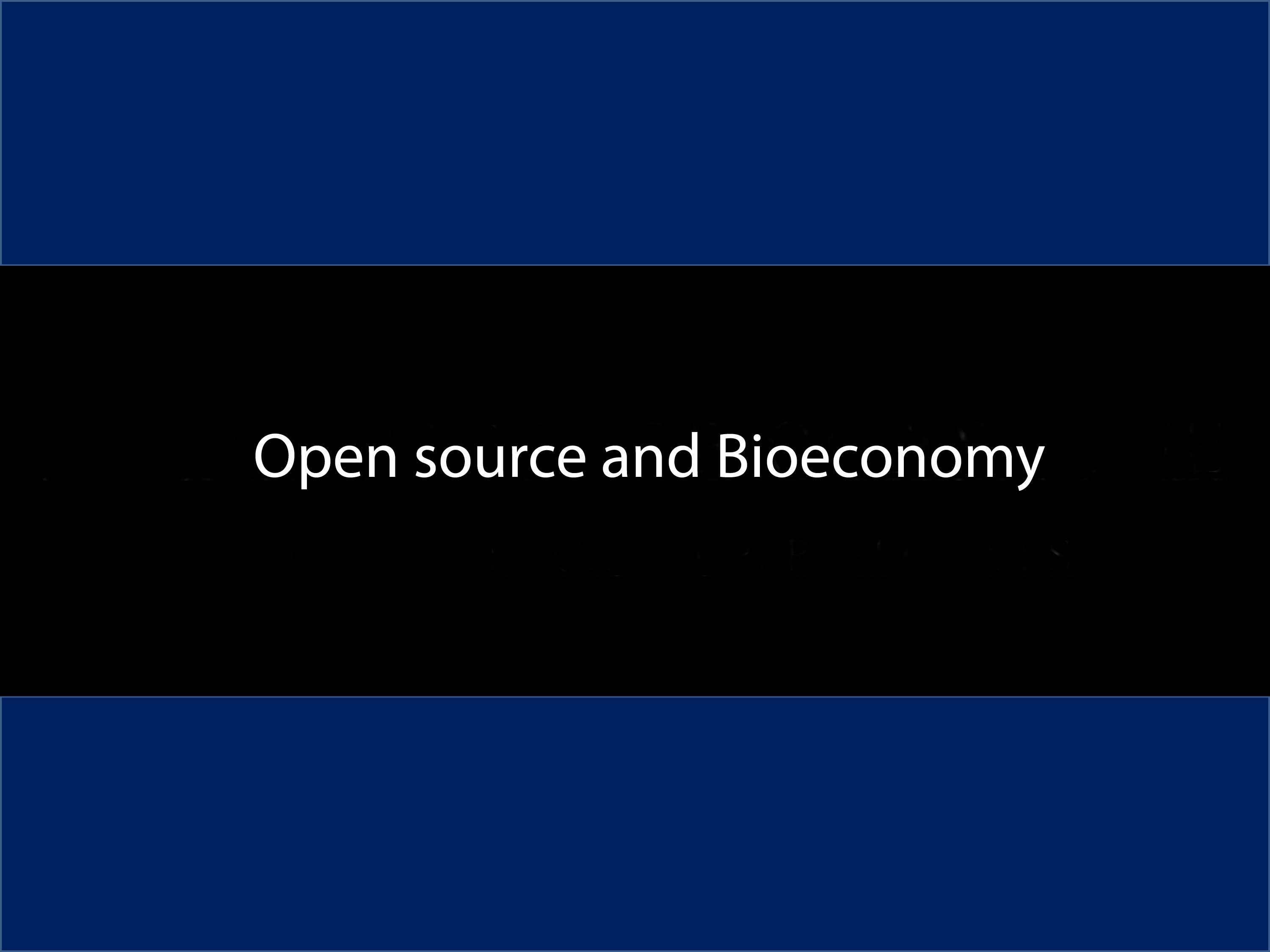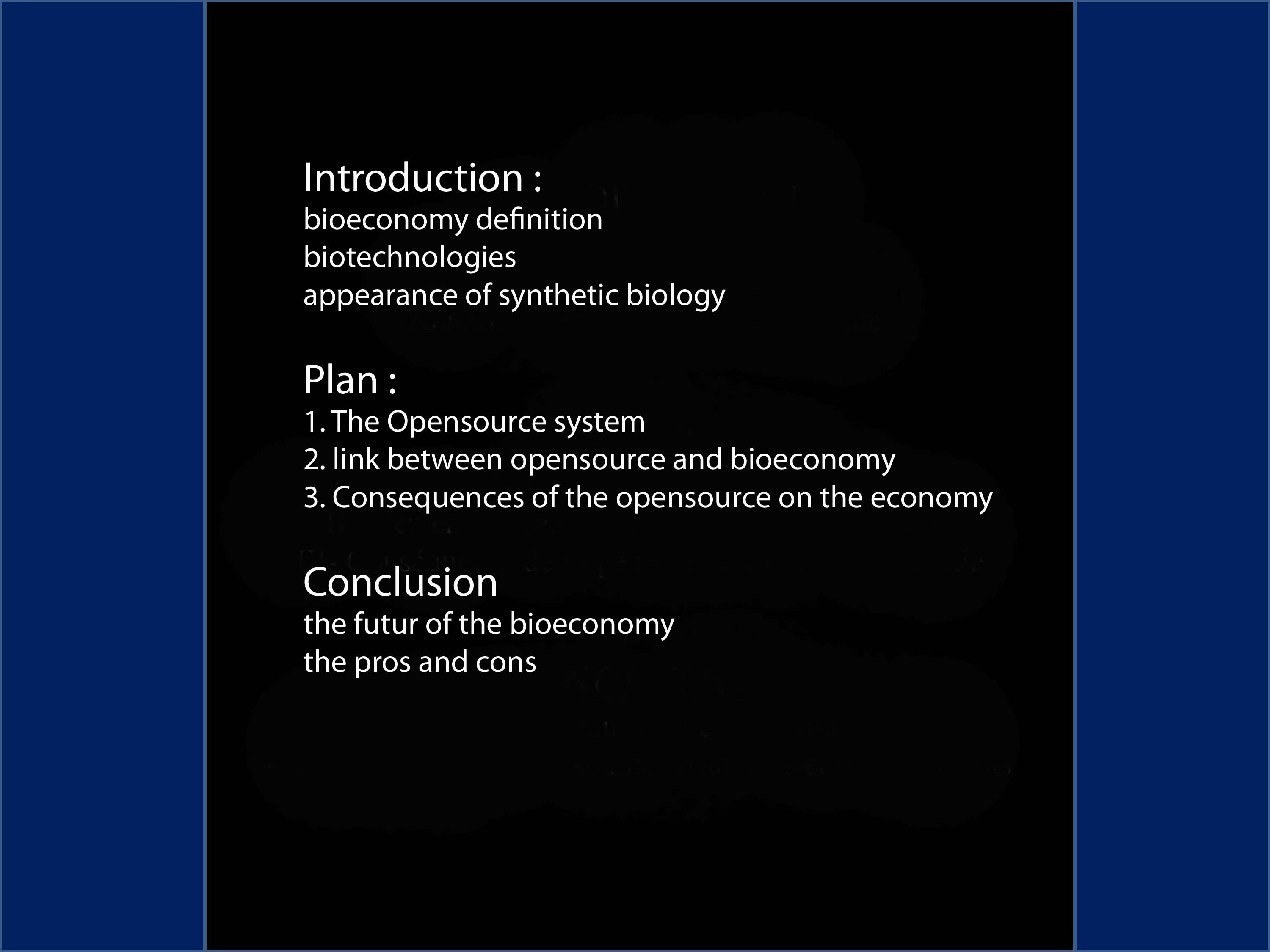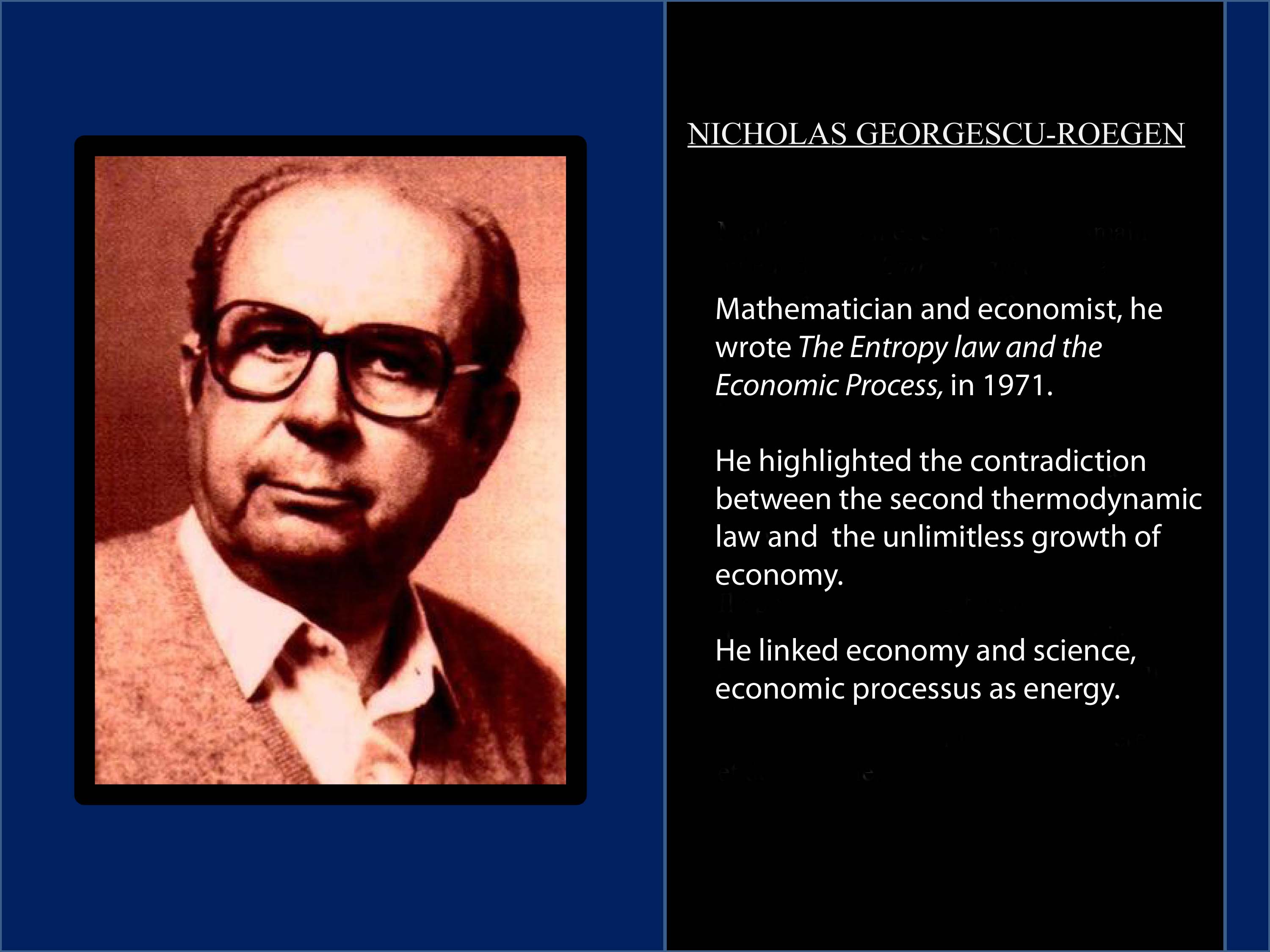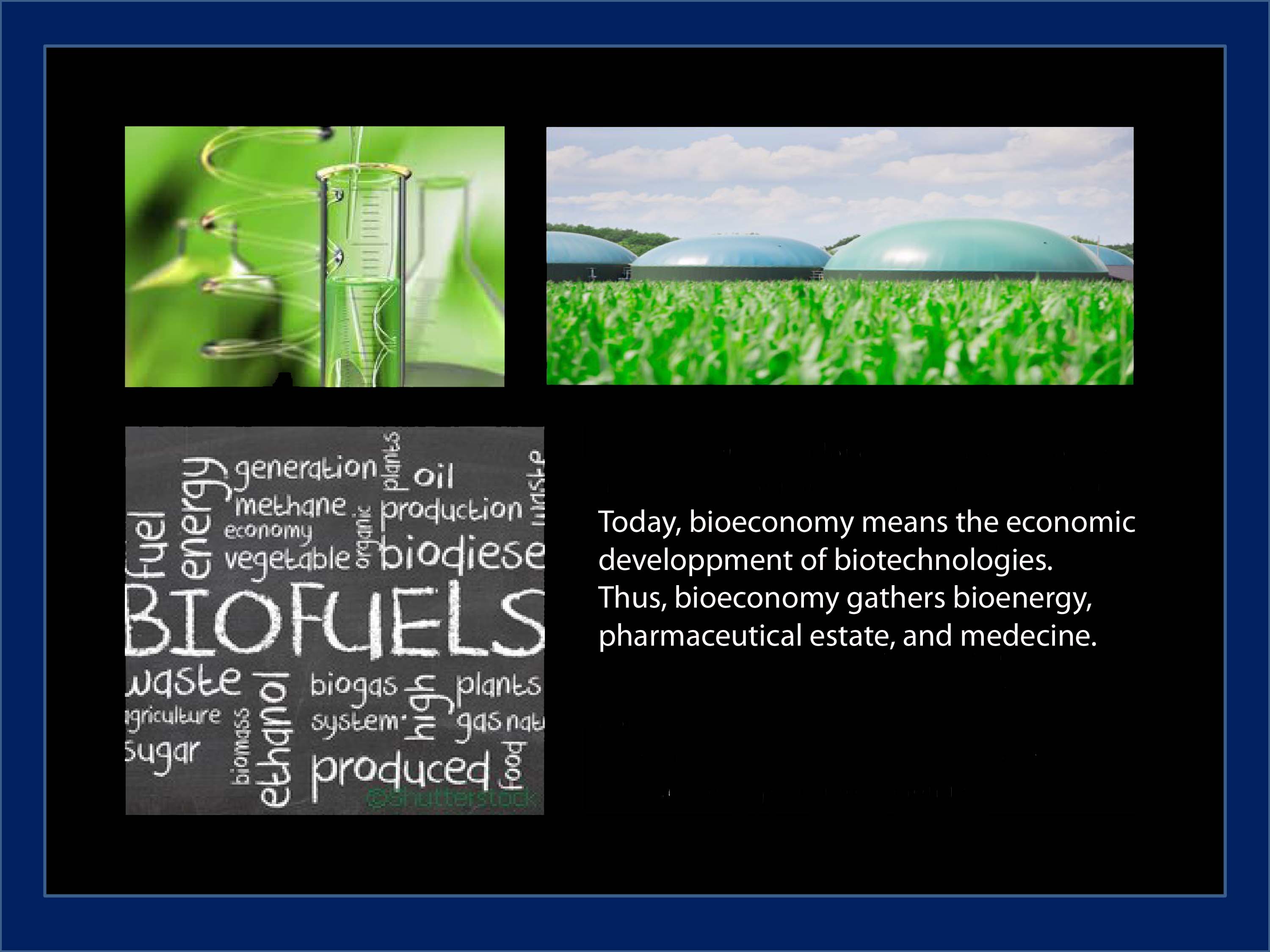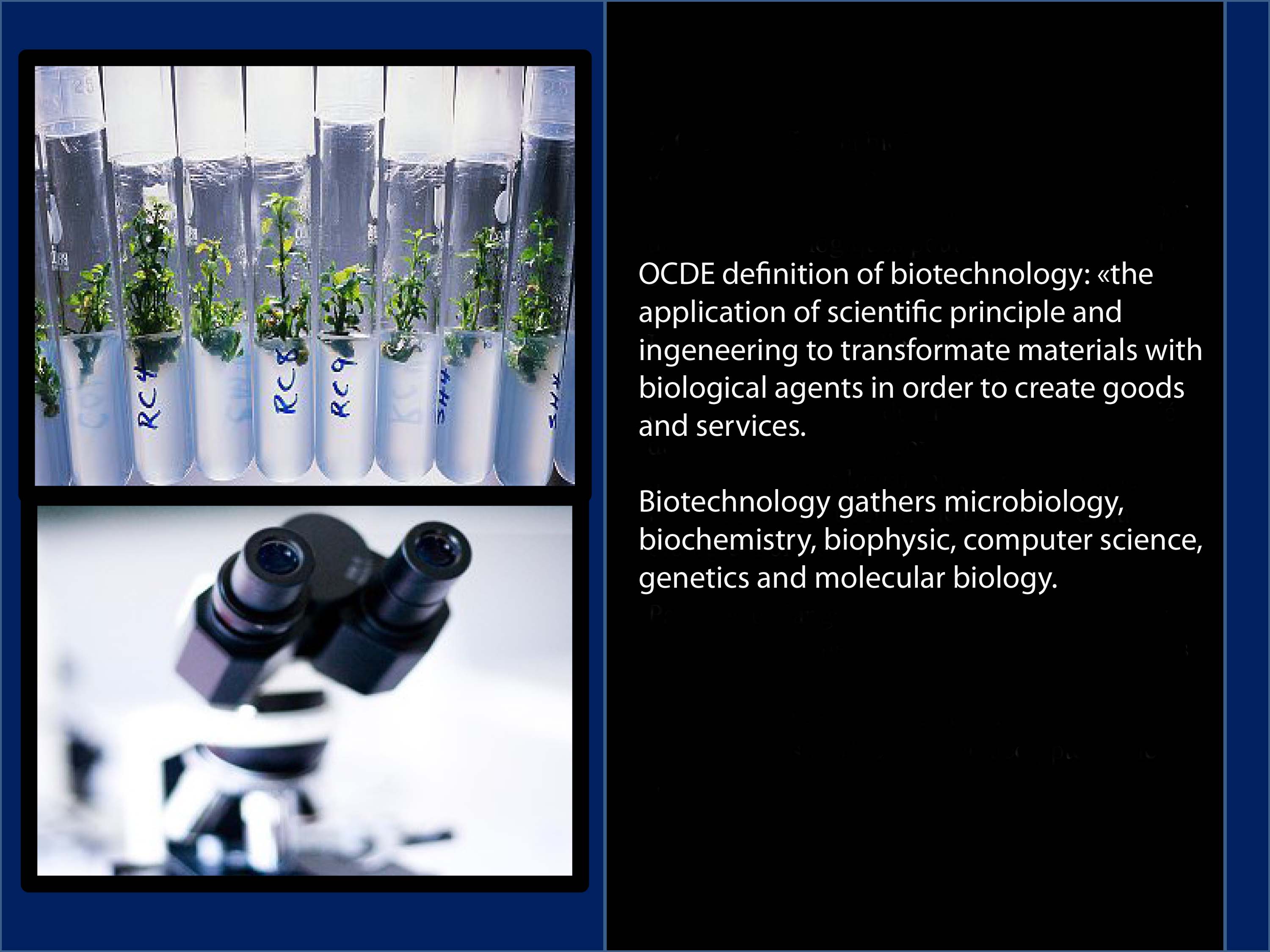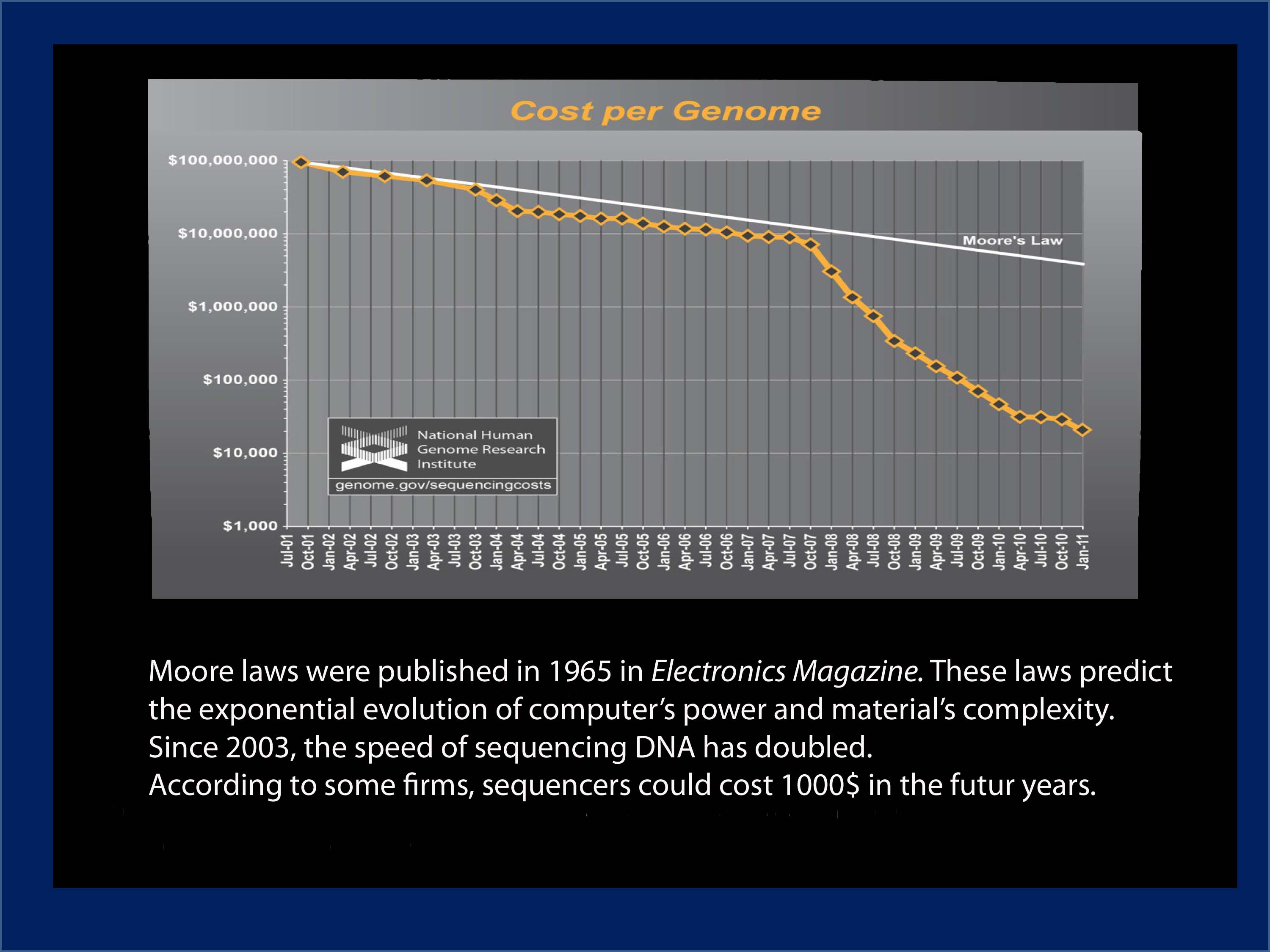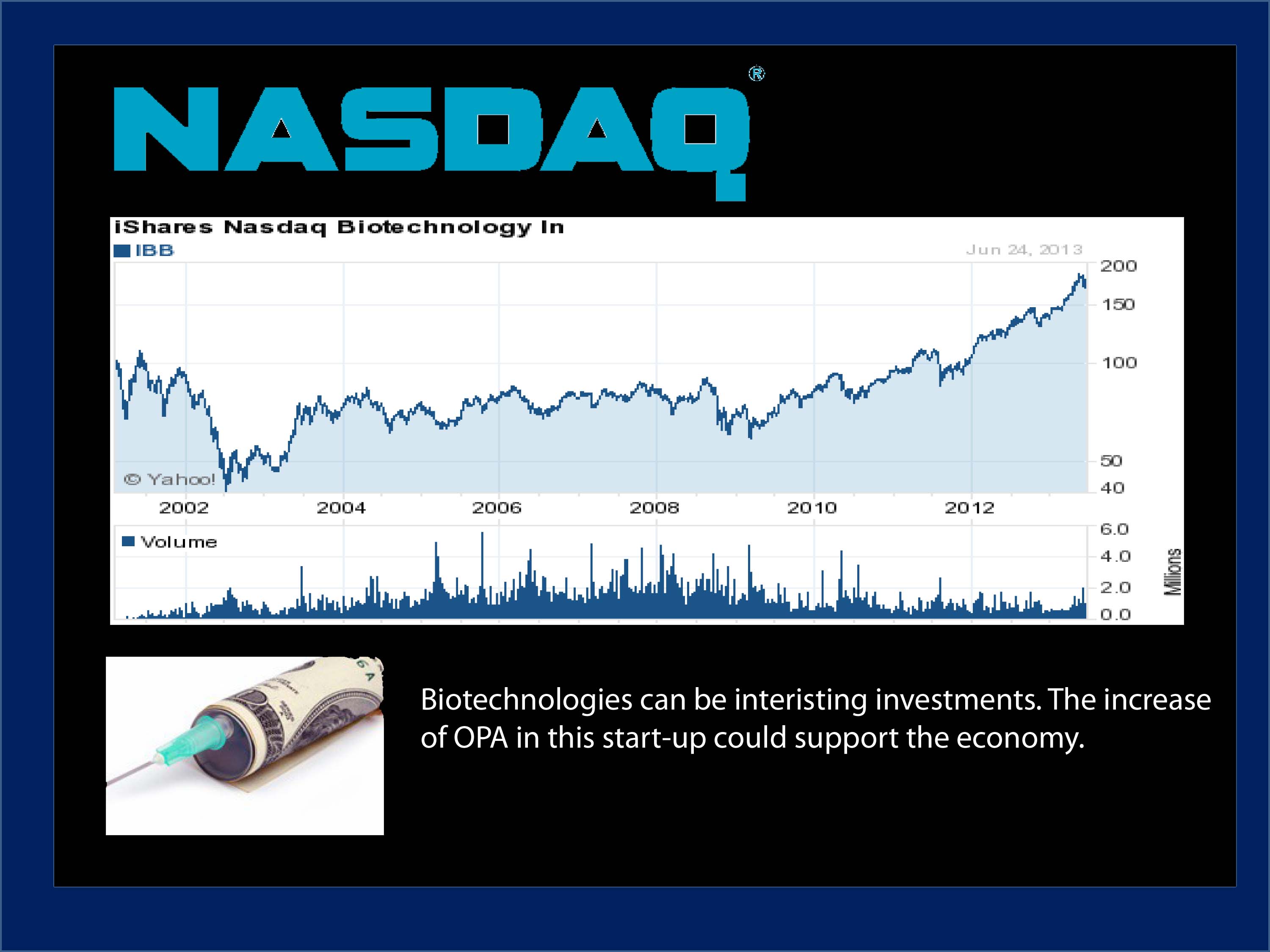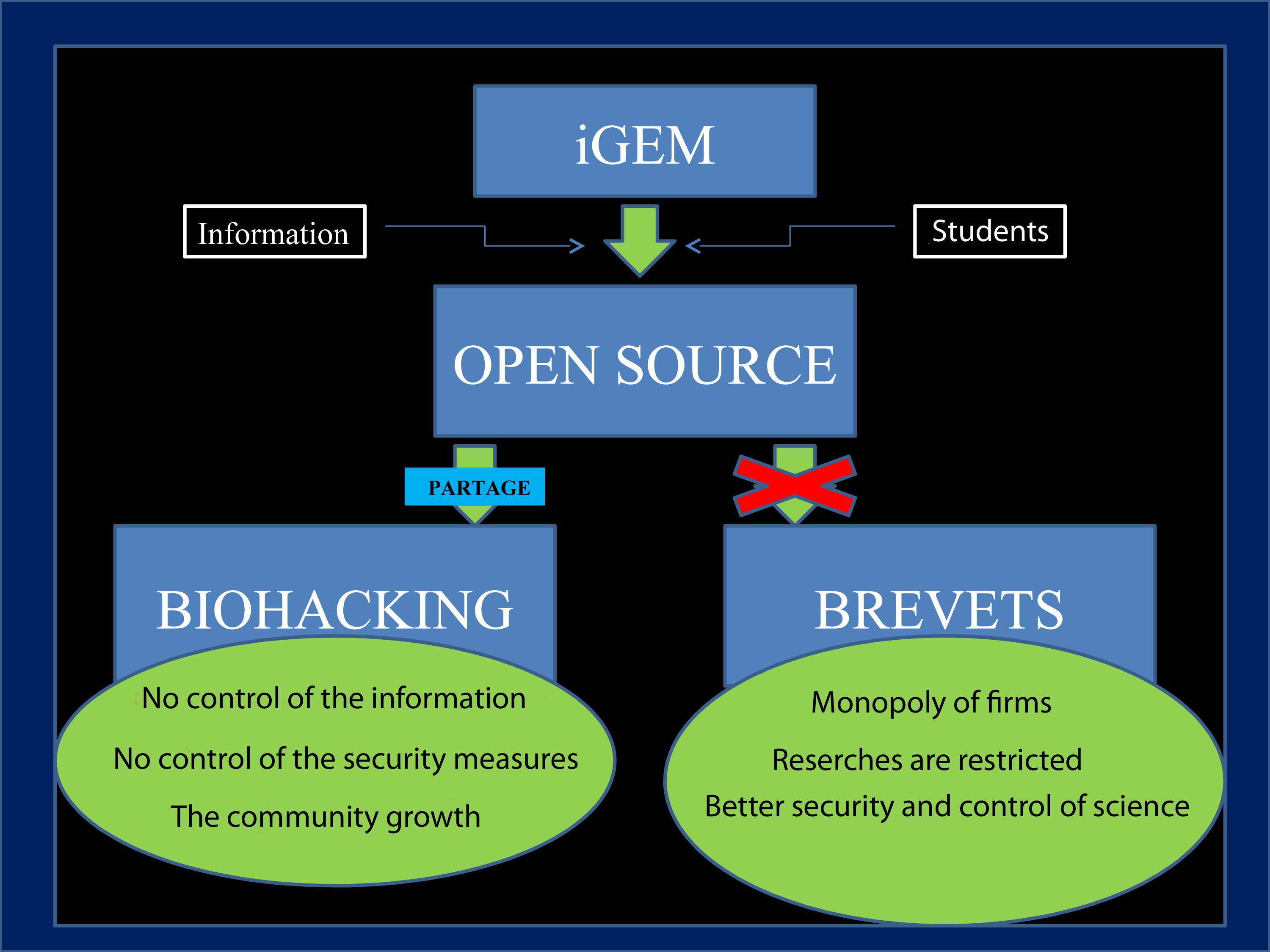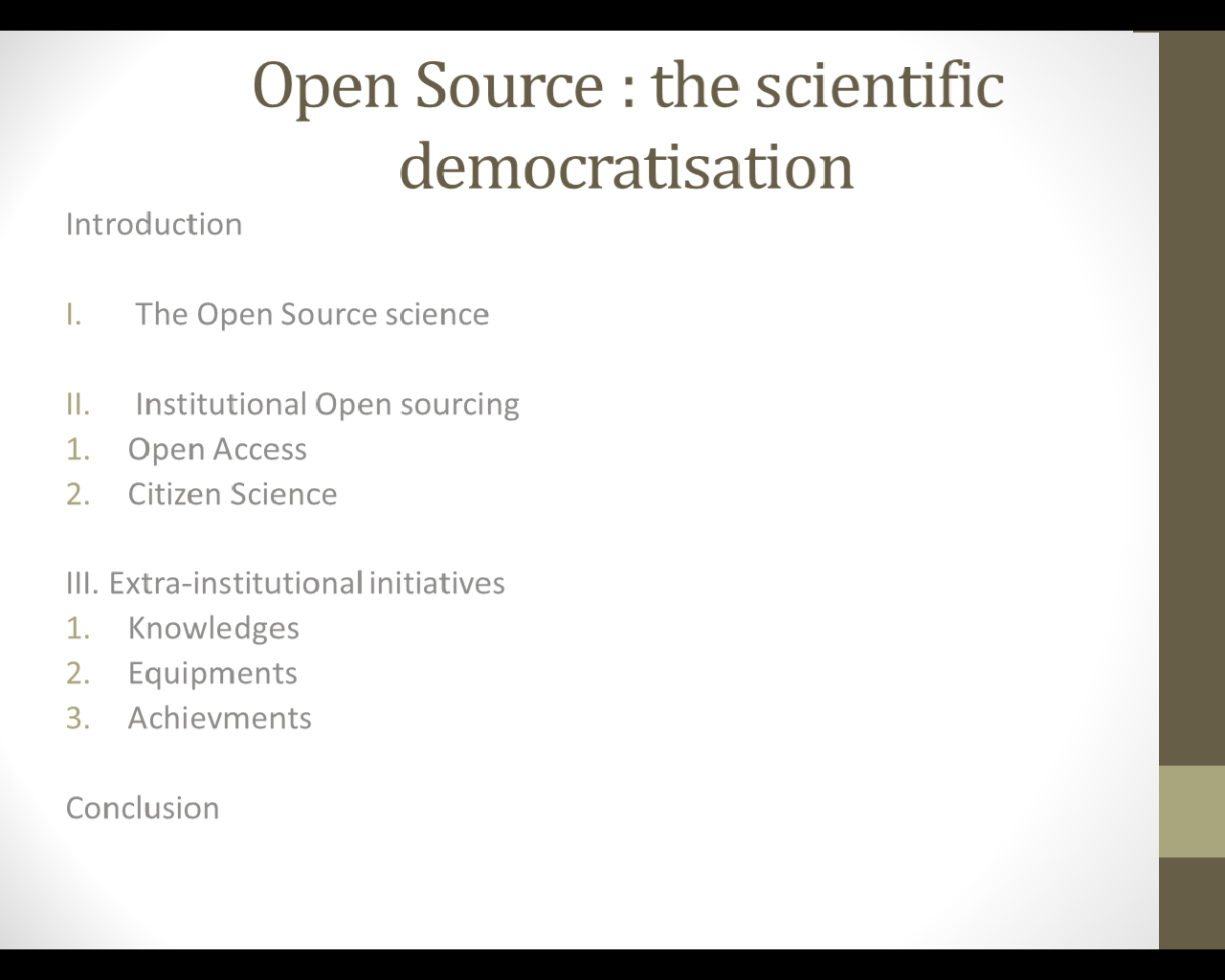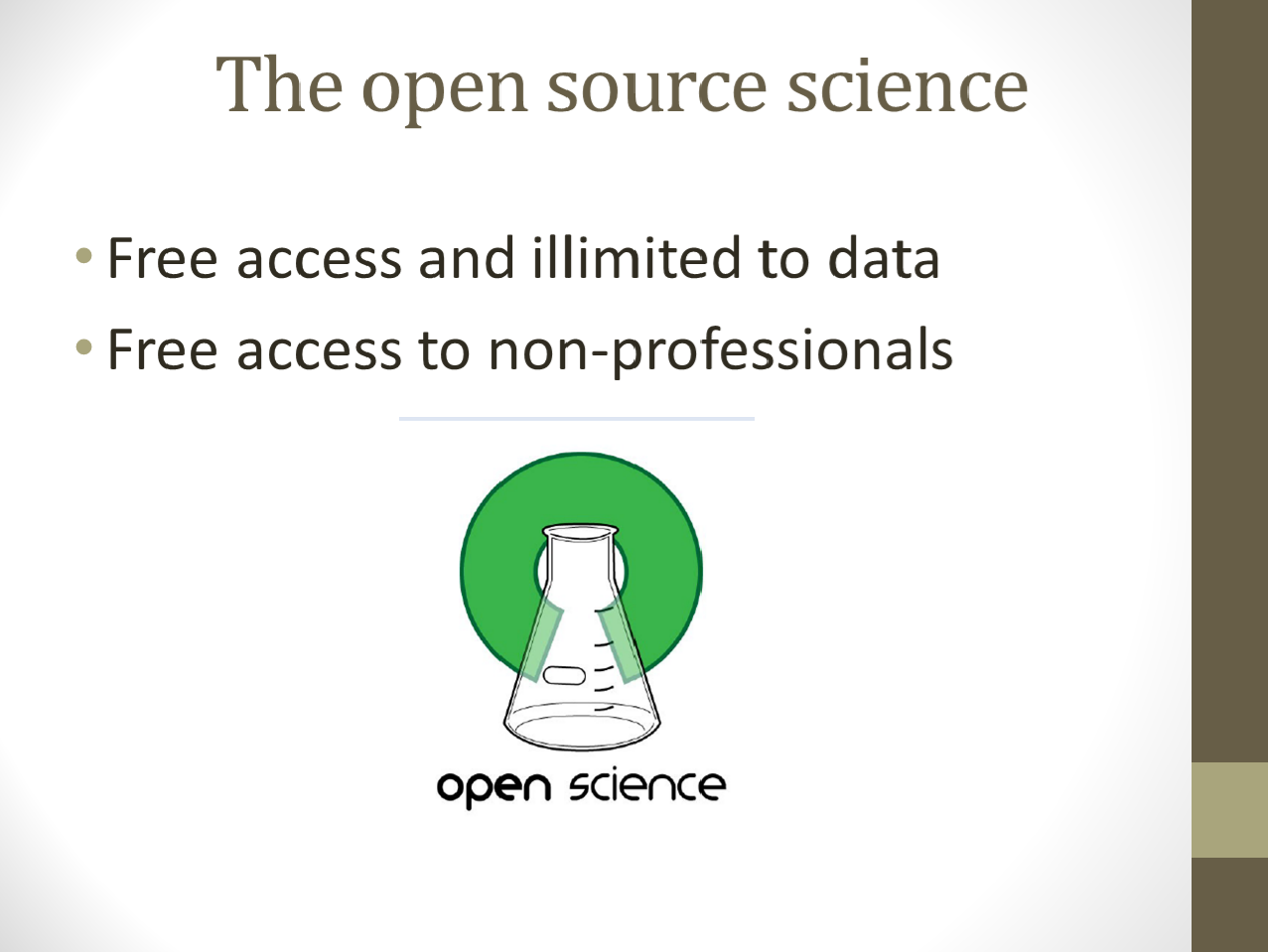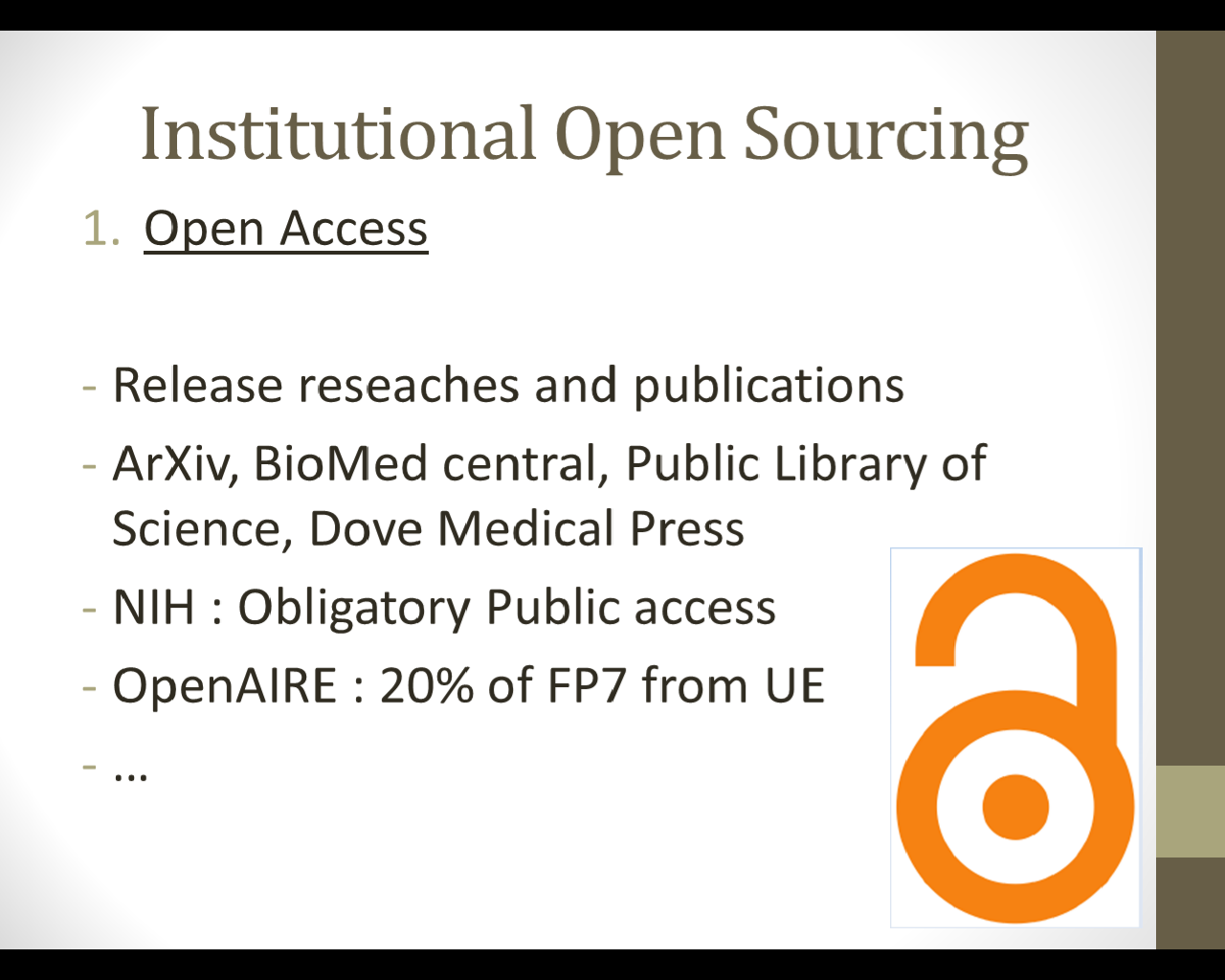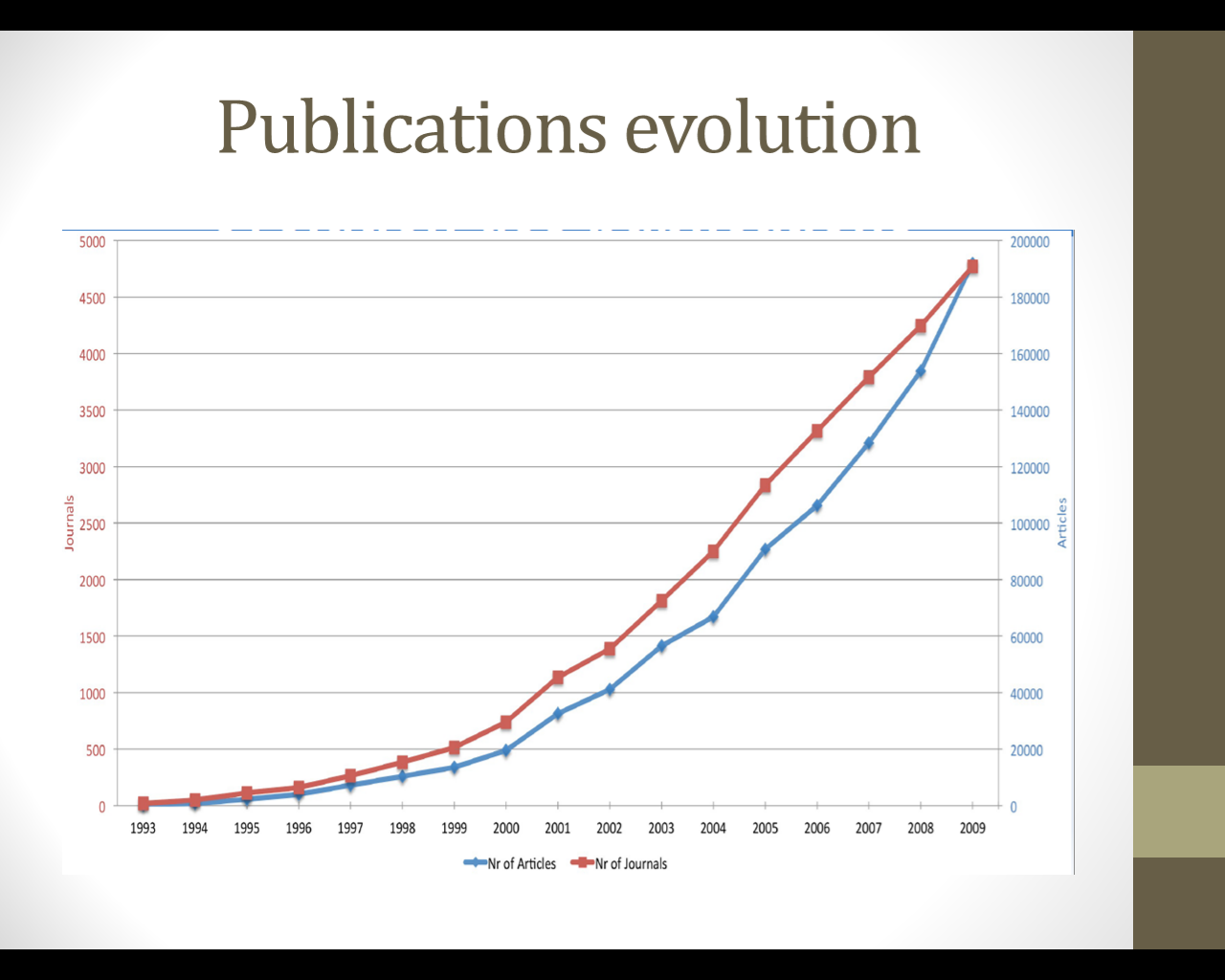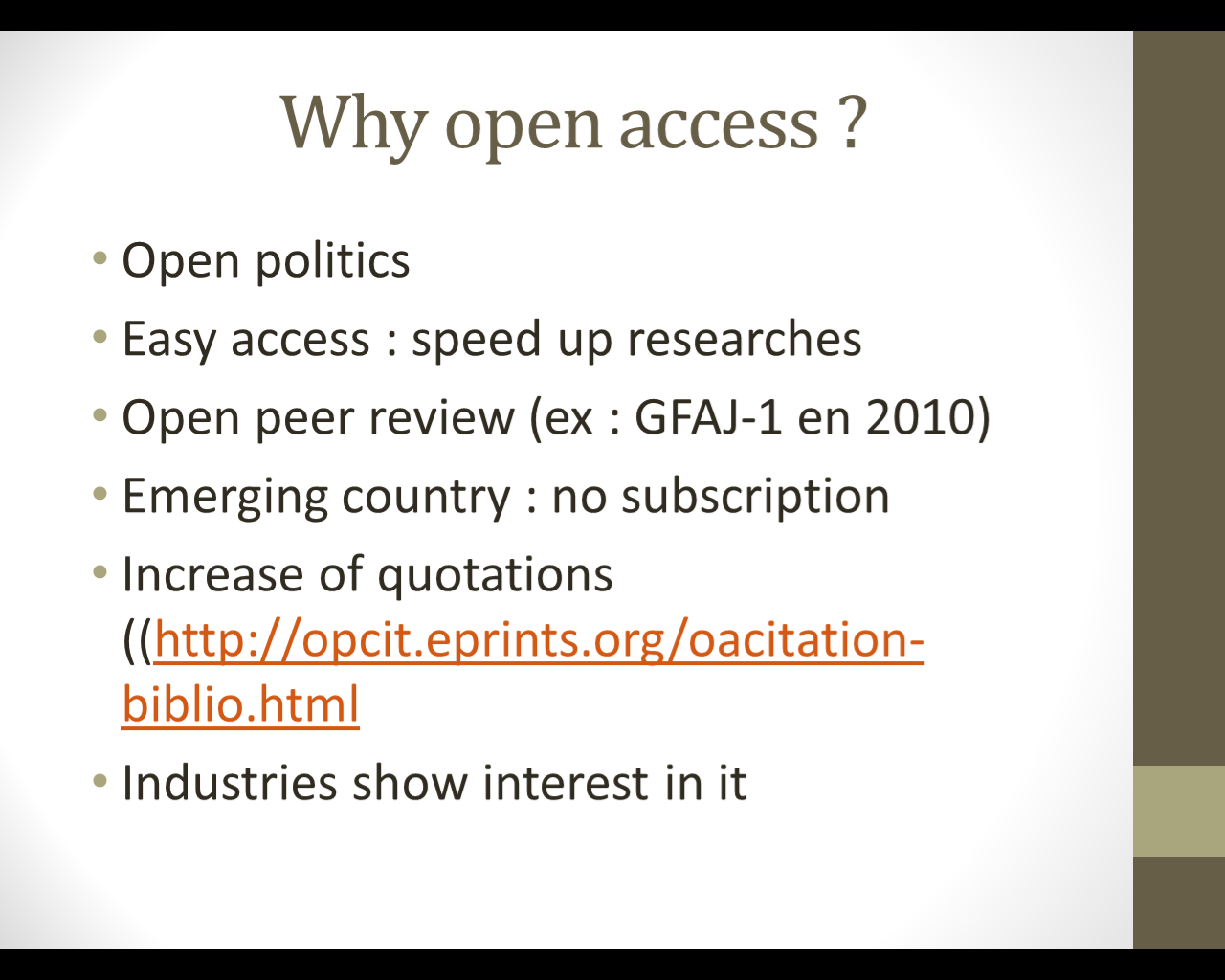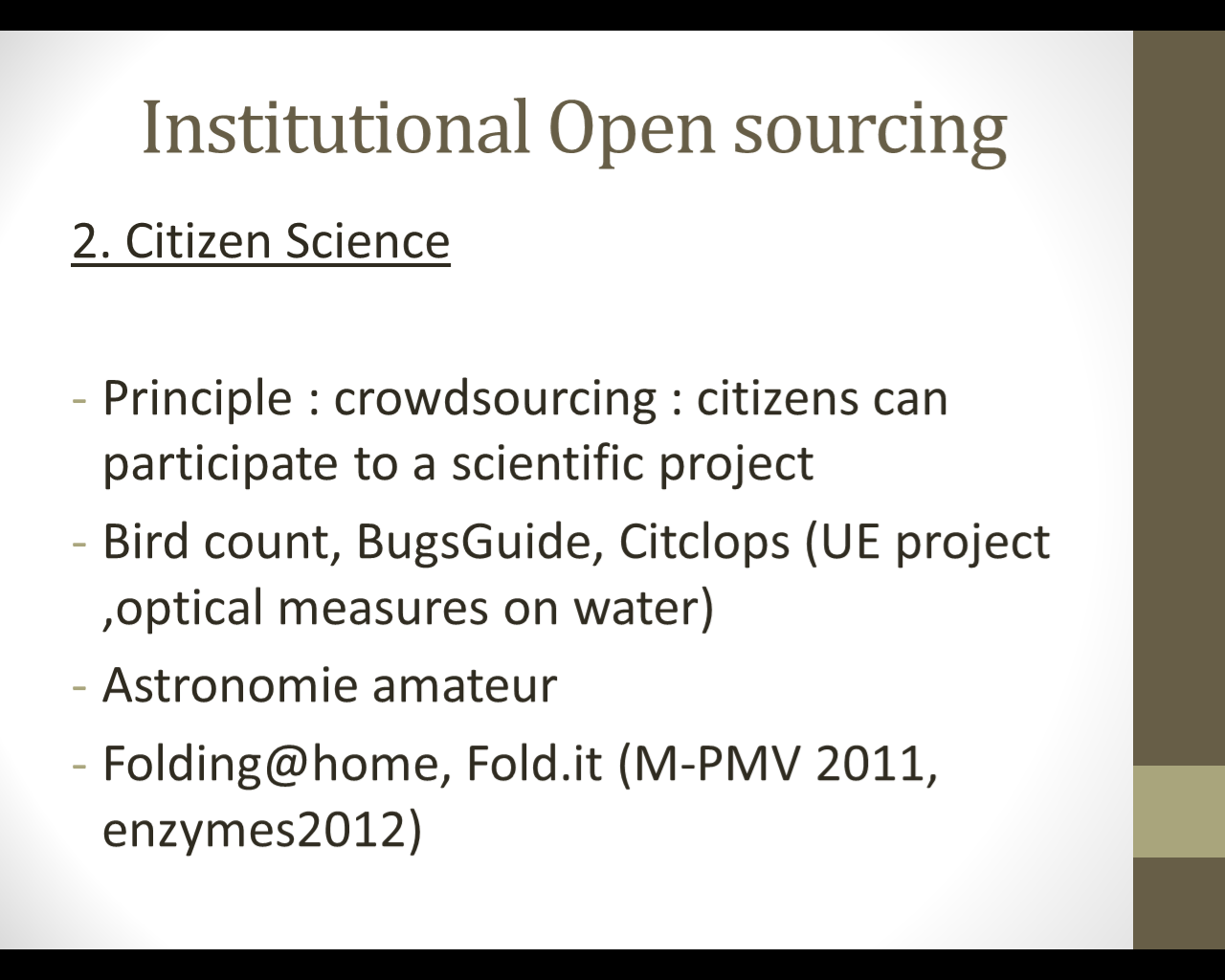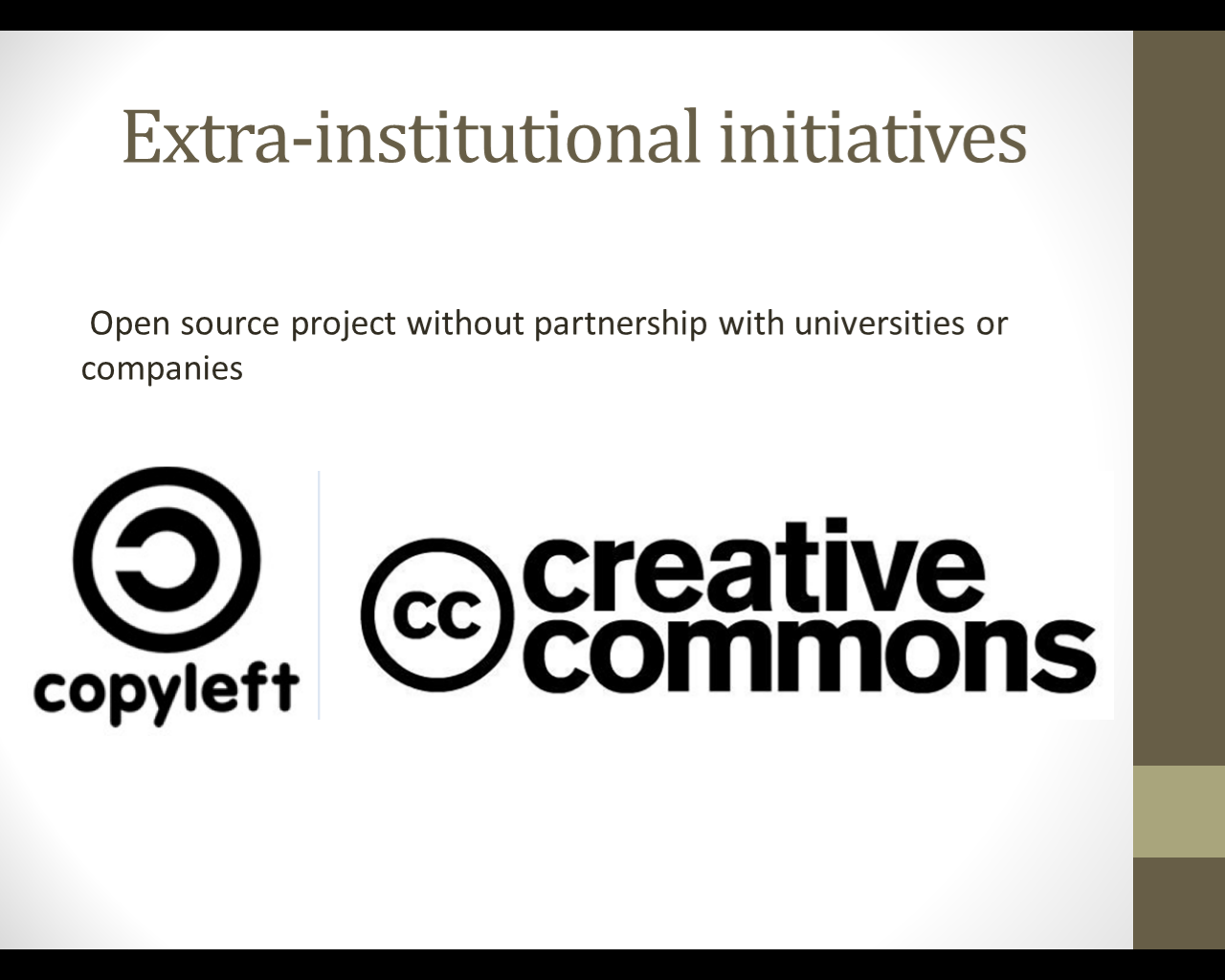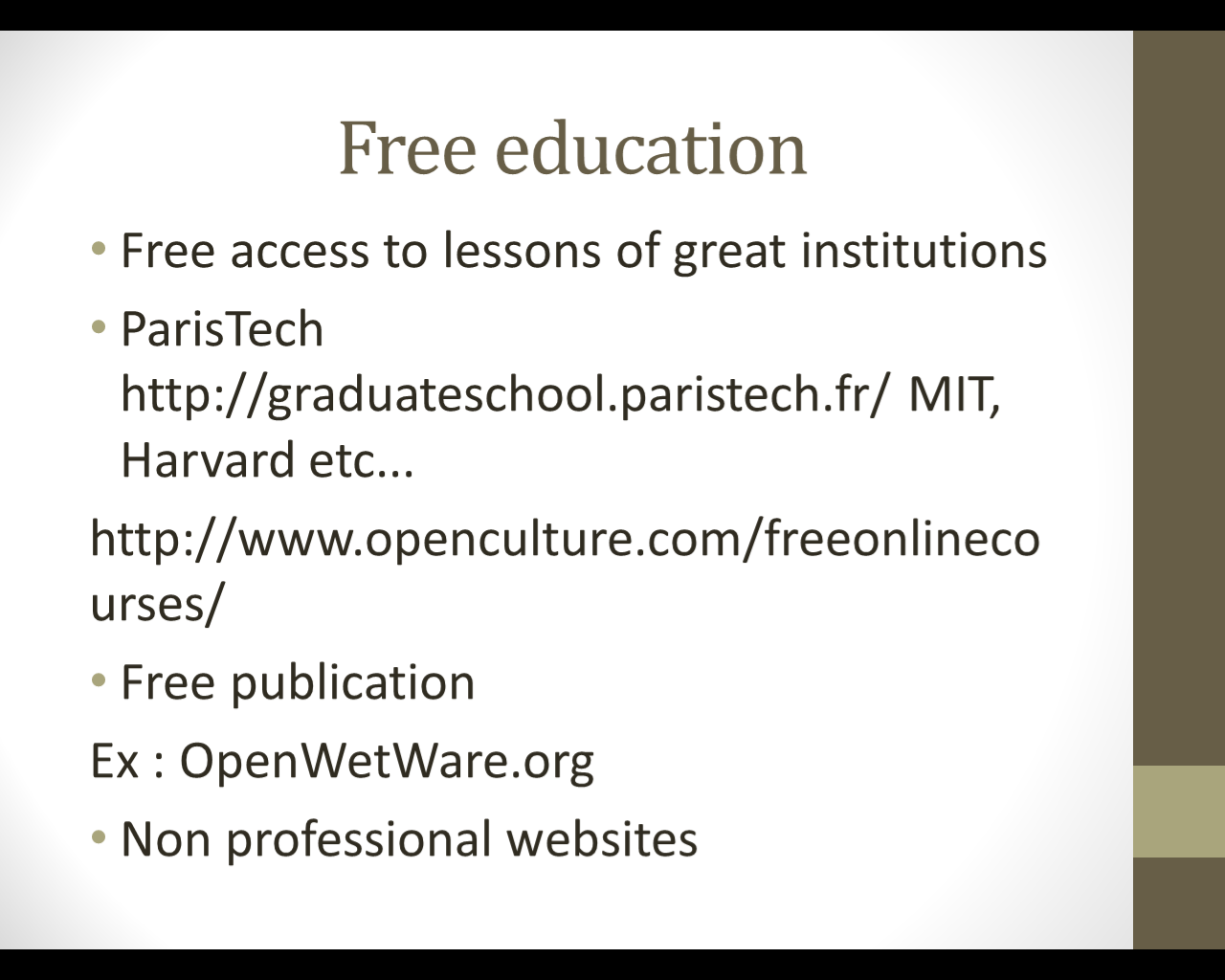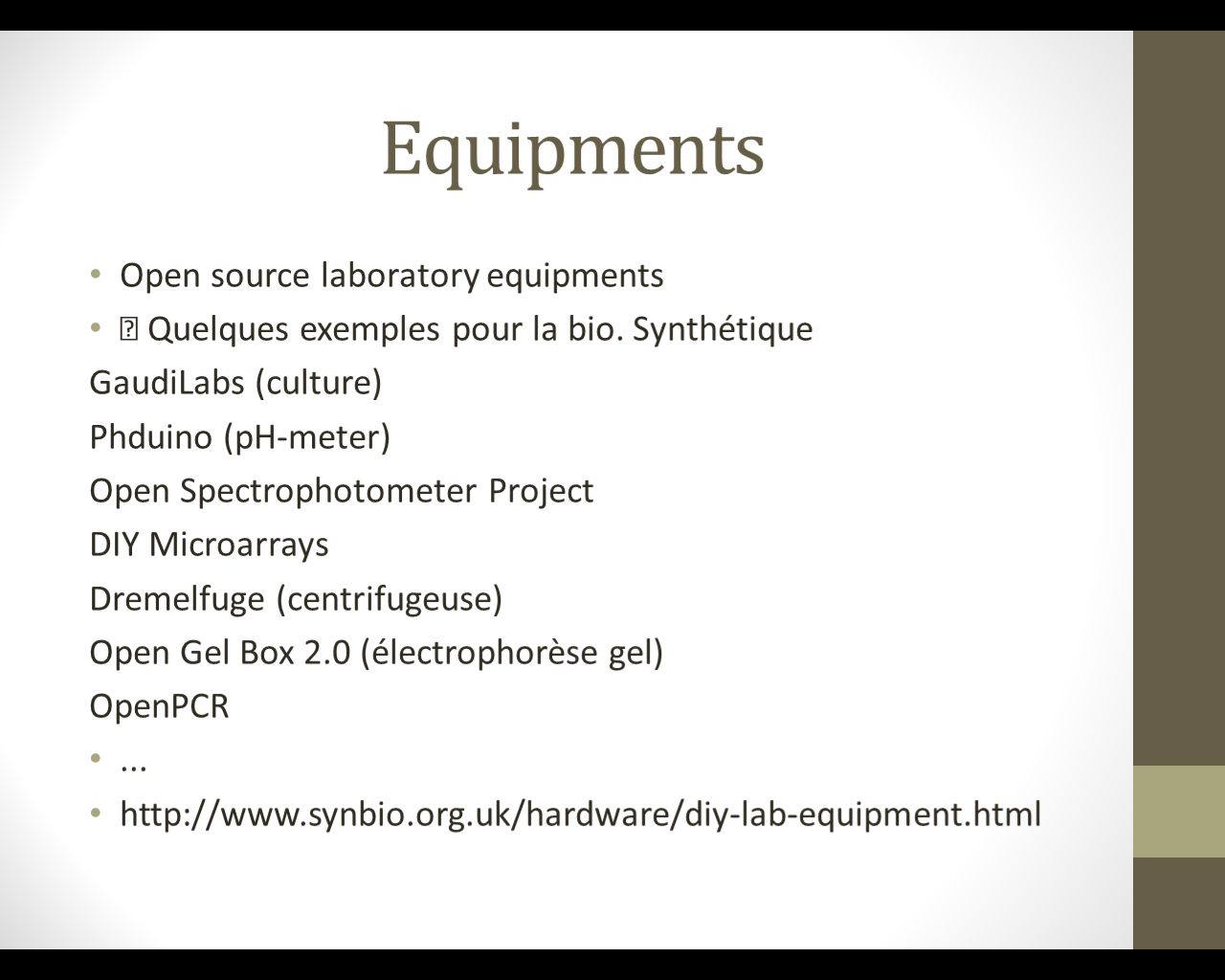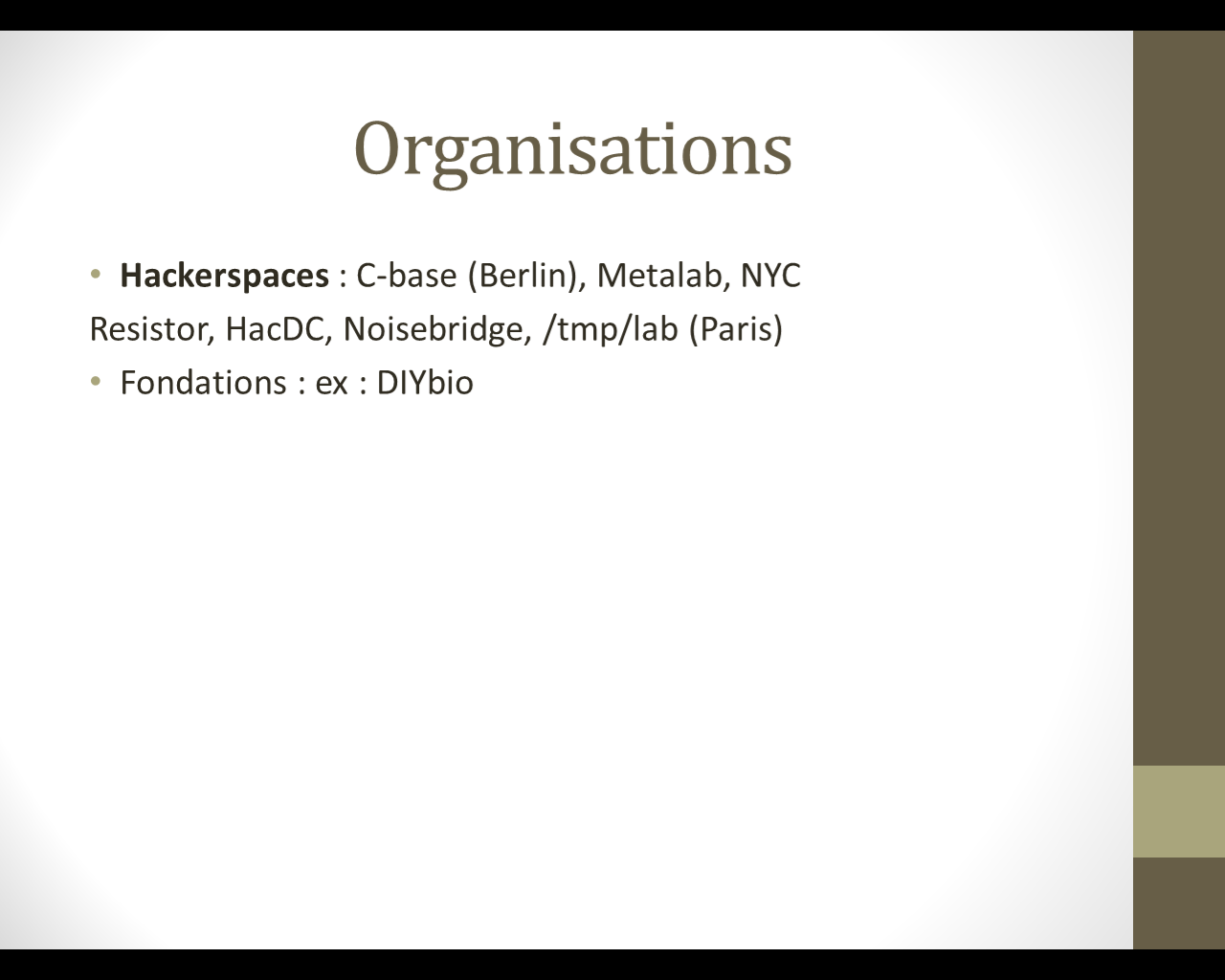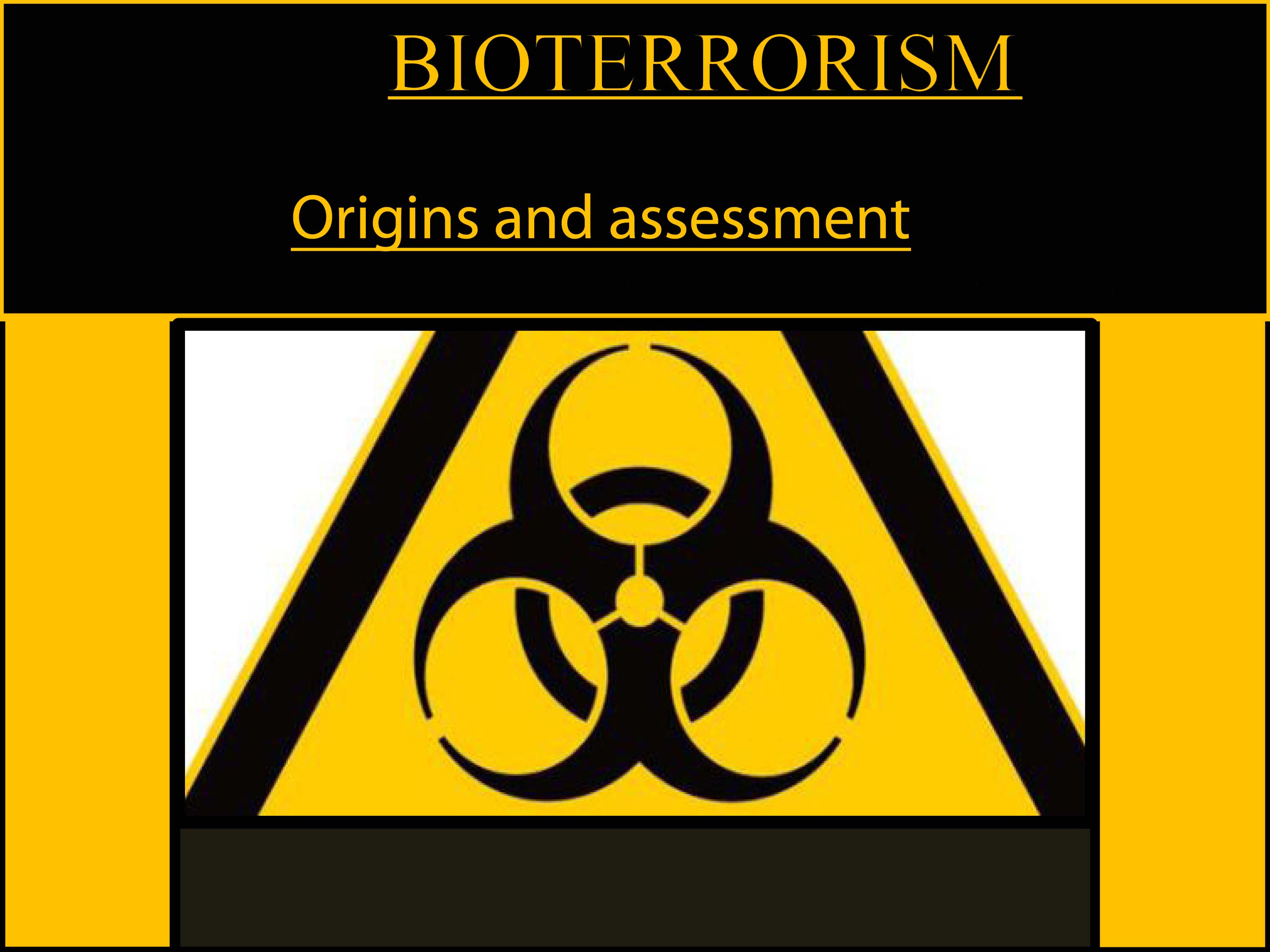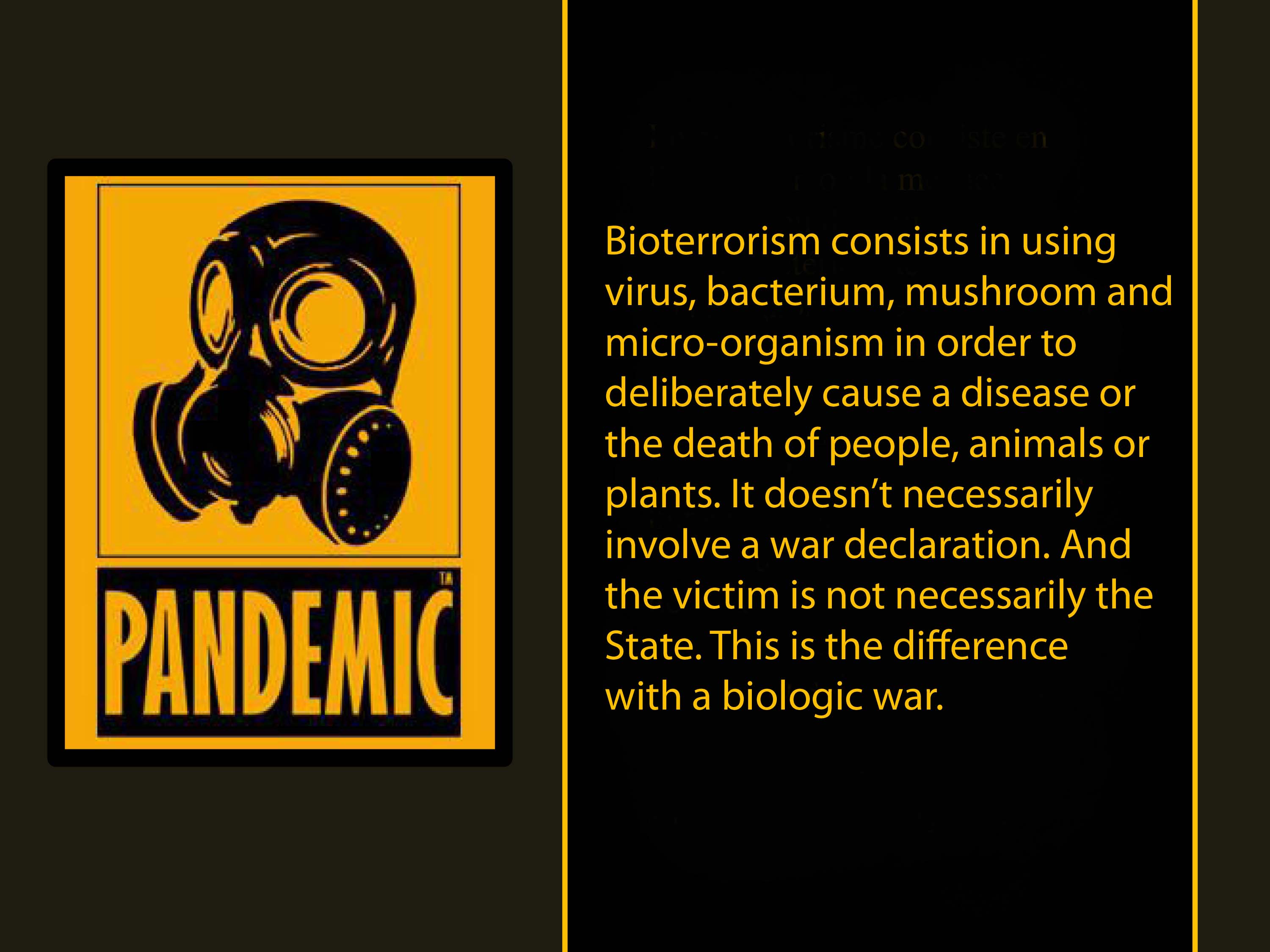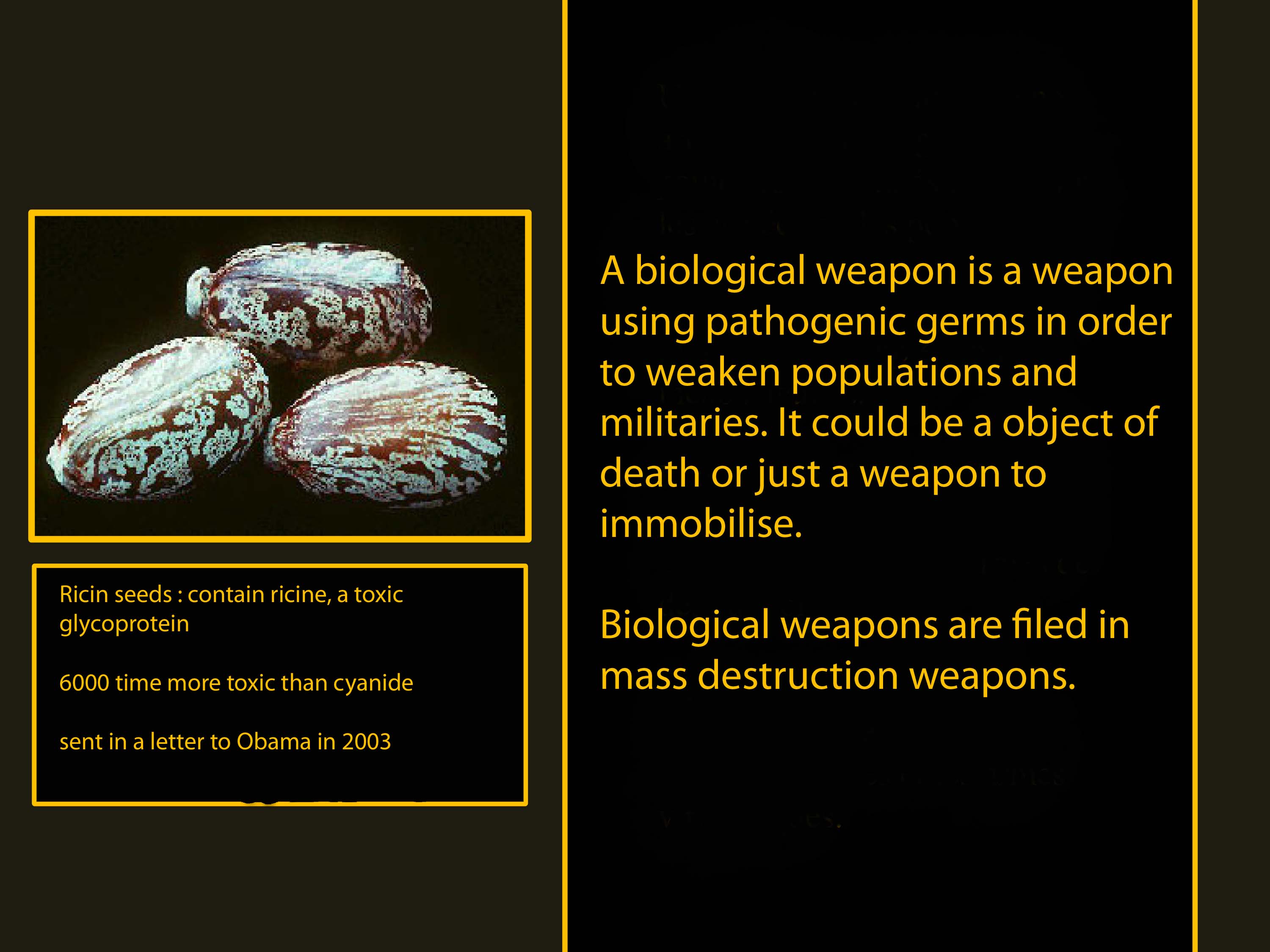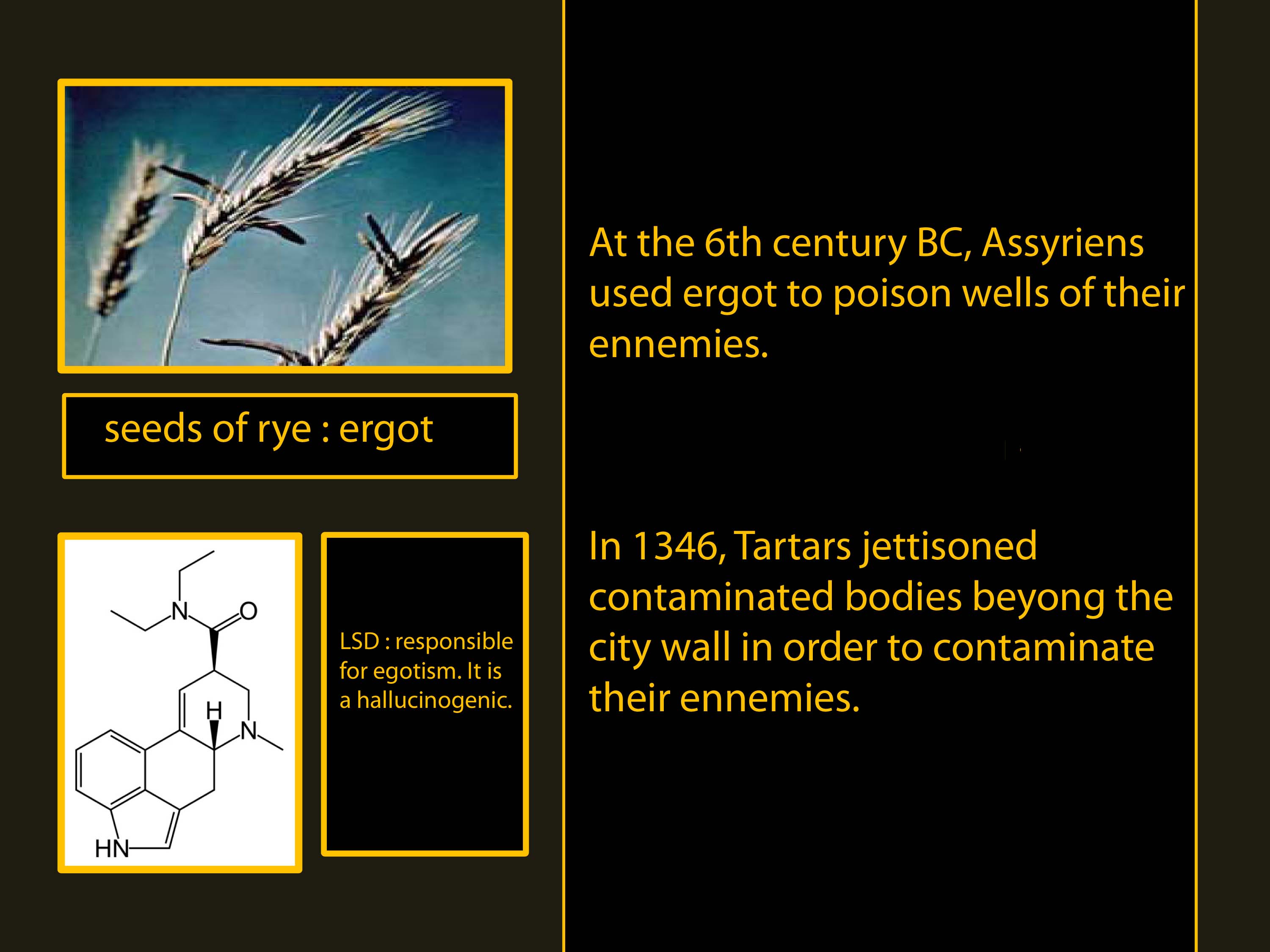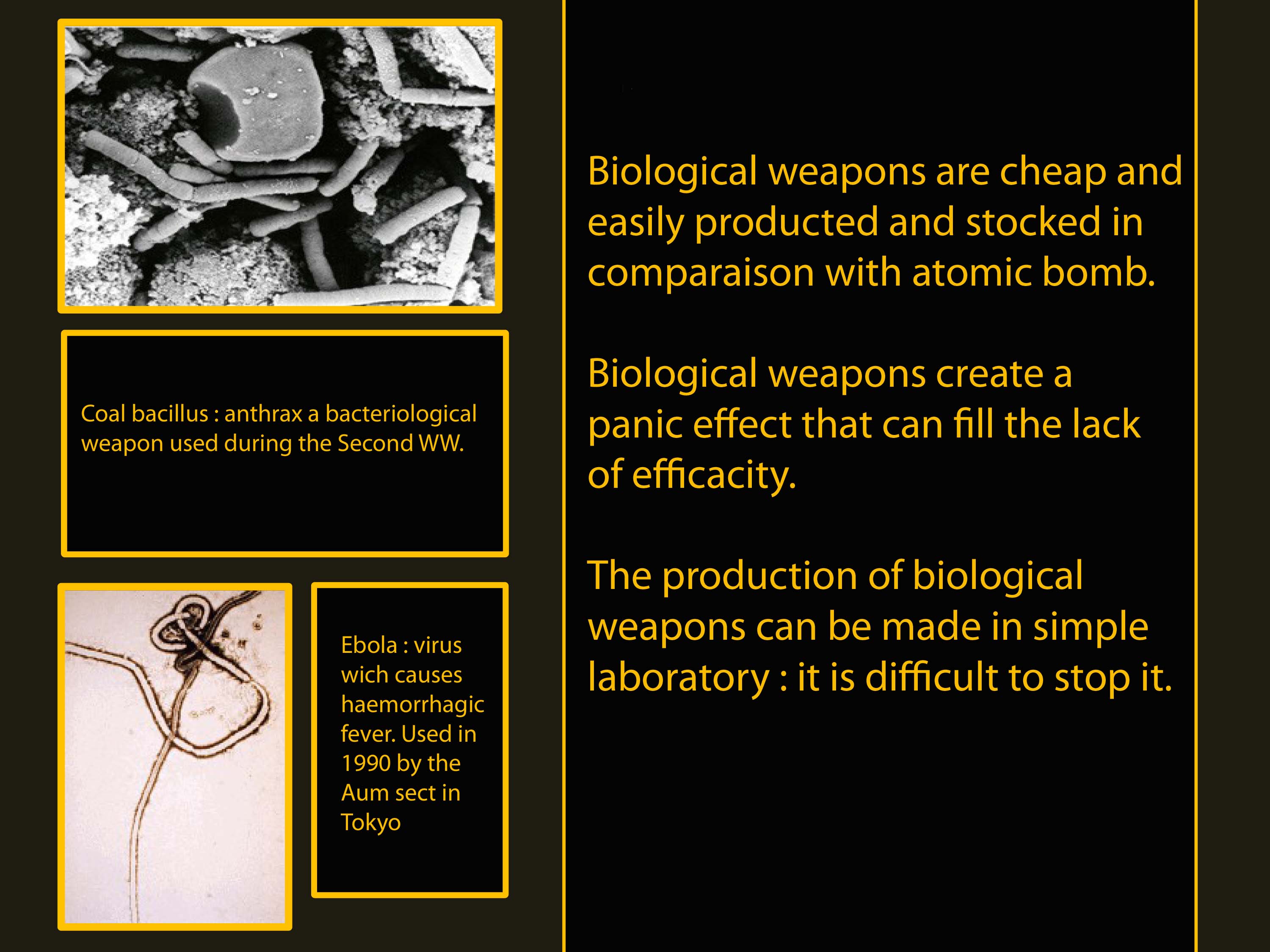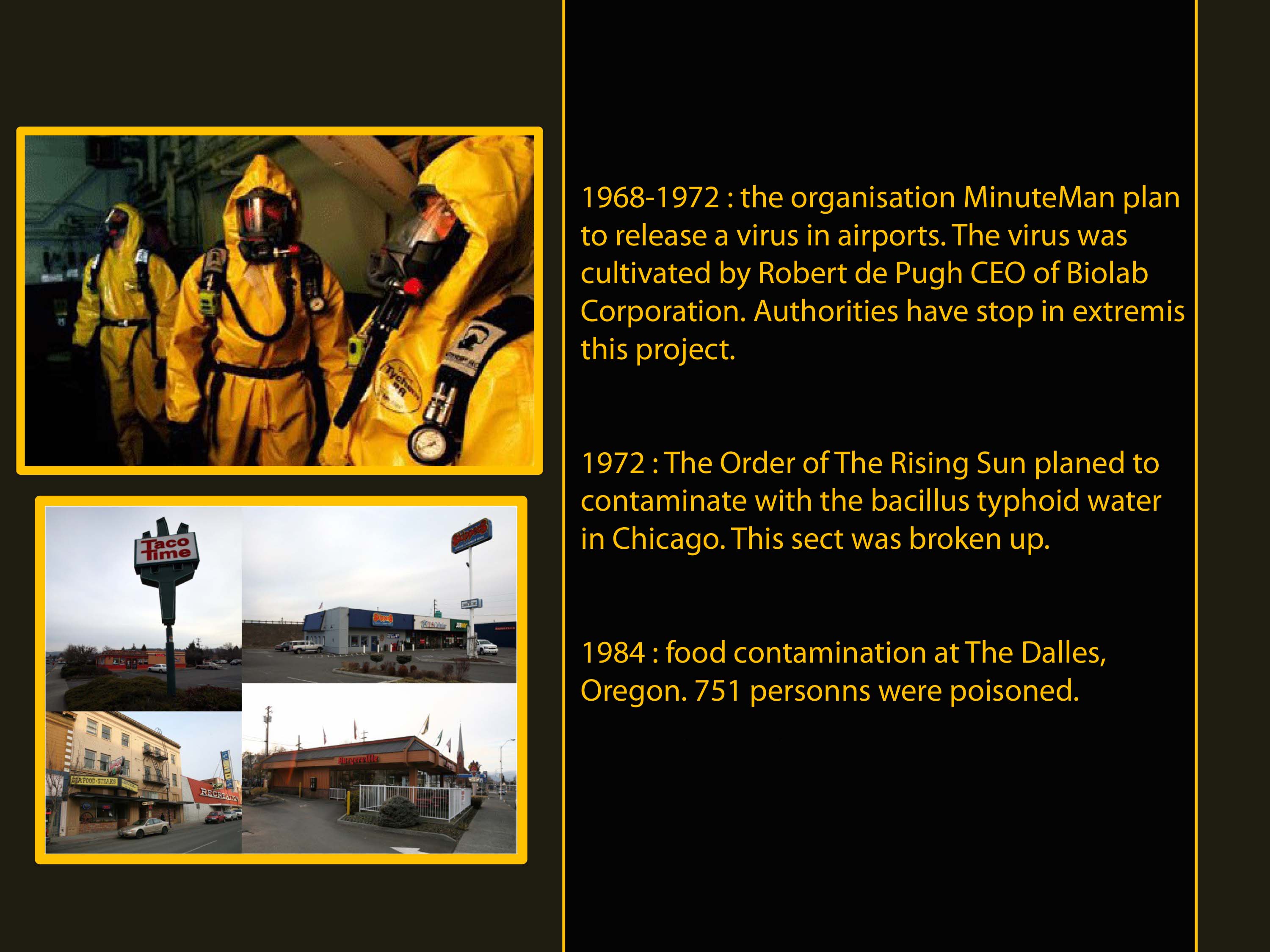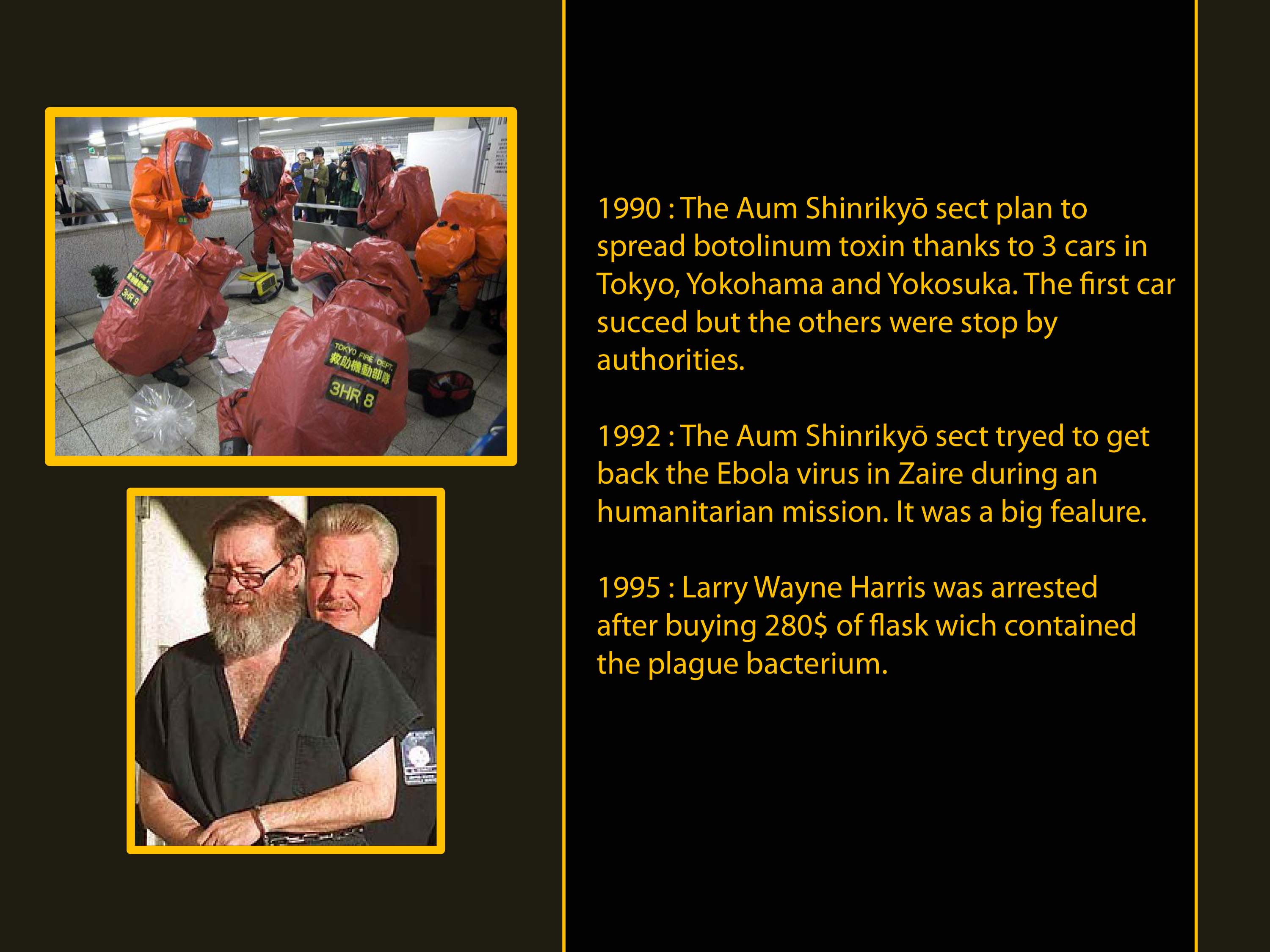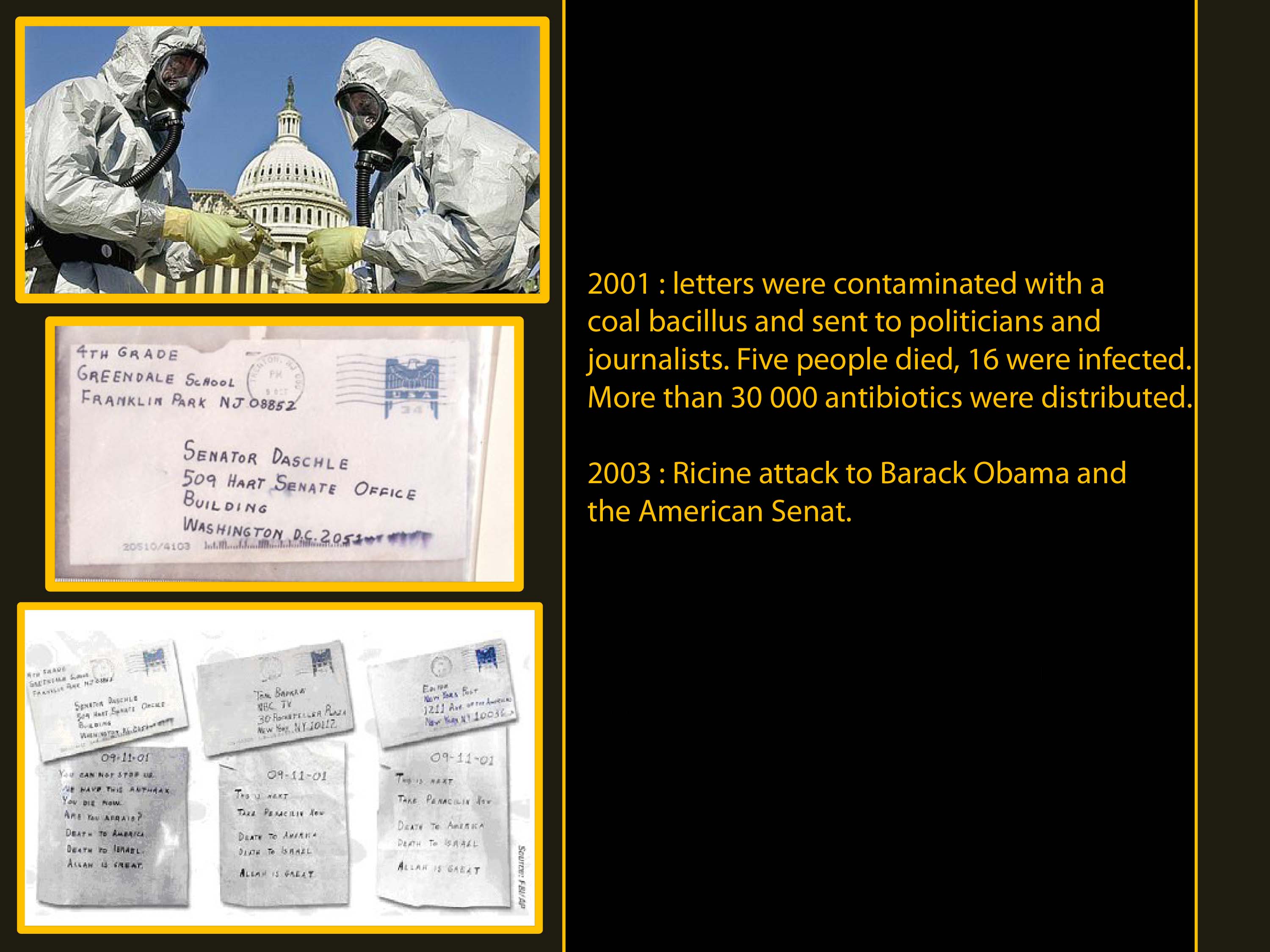Team:Paris Saclay/opensourcereflexion
From 2013.igem.org
CarolineMir (Talk | contribs) (→Open Source Reflexion) |
|||
| (33 intermediate revisions not shown) | |||
| Line 1: | Line 1: | ||
| - | {{Team:Paris_Saclay/ | + | {{Team:Paris_Saclay/incl_debut}} |
| + | {{Team:Paris_Saclay/incl_menu_navigation}} | ||
| + | Human Practices | ||
| + | [[Team:Paris_Saclay/Human_Practices|Reflection on the project]] | ||
| + | <html><a class="selflink">Reflection on Open Source</a></html> | ||
| + | [[Team:Paris_Saclay/communication|Outreach]] | ||
| + | [[Team:Paris_Saclay/Team_Collaboration|Team collaboration]] | ||
| + | {{Team:Paris_Saclay/incl_fin_menu_navigation}} | ||
| + | |||
| + | |||
| + | {{Team:Paris_Saclay/incl_menu_navigation}} | ||
| + | Reflection on Open Source | ||
| + | [[Team:Paris_Saclay/Open_source|Intro]] | ||
| + | [[Team:Paris_Saclay/opensourcereflexion|Reflection]] | ||
| + | [[Team:Paris_Saclay/ellen_interview|Interview]] | ||
| + | {{Team:Paris_Saclay/incl_fin_menu_navigation}} | ||
| + | |||
| + | {{Team:Paris_Saclay/incl_contenu}} | ||
= '''Open Source Reflexion''' = | = '''Open Source Reflexion''' = | ||
| + | We have organized three big meetings during this summer. During each meeting, we chose two problematics that one or two members of our team had to present. Among these problematics there was: what is opensource ? what are the rules that govern the opensource ? what is the influence of the open source in our economy ? ... After each presentation we debated, and we tried to hightlight the important points of each problematics, what we learned and what were the future questions we wanted to address. | ||
| - | |||
| - | |||
| - | + | ==First meeting : 25/06/2013== | |
| - | + | People present: Caroline, Anais, Eric, Nima, Zhou, Gabriel and Nadia | |
| - | + | This meeting was our first contact with the concept of Open Source applied to synthetic biology and with the impact of Open Source in our economy. | |
| + | ===Introduction to Open Source=== | ||
| + | First, Anais and Gabriel introduced us to the Open Source philosophy, its nature and its principles.(paper) | ||
| + | Thanks to this presentation, we learned about the definition of the open source and its story. Indeed an opensource software has to respond to three criteria : free redistribution, source code access and creation of derive software based on the original. In 1998, Eric S. Raymond creates with Bruce Perens the Open Source Initiative(OSI) in order to developp the open source ideolgy in the software community. At the end of this first presentation we debated about several questions | ||
| + | |||
| + | - Can we compare the software's world (and its concept of OpenSource) and the synthetic biology's world that tries to apply the Open Source? | ||
| + | - Can we imagine the science of synthetic biology only based on open source ? | ||
| - | + | - The researches in synbiology and biotechnologies are they adapted to the Open source (and vice versa) ? | |
| - | |||
| - | |||
| - | + | ===Bioeconomy and open source=== | |
| - | + | Second, Eric made a presentation of the state of bioeconomy today (power point) | |
| + | <gallery> | ||
| + | File:Psbioeco1.jpg| | ||
| + | File:Psbioeco2.jpg| | ||
| + | File:Psbioeco3.jpg| | ||
| + | File:Psbioeco4.jpg| | ||
| + | File:Psbioeco5.jpg| | ||
| + | File:Psbioeco6.jpg| | ||
| + | File:Psbioeco7.jpg| | ||
| + | File:Psbioeco8.jpg| | ||
| + | </gallery> | ||
| + | Thanks to his presentation, we learned about the Moore's laws and the impact of the open source on patents and firms. We raised some questions about this impact : | ||
| + | - Can patents and OpenSource co-exist without killing the monopoly of big firms ? | ||
| - | |||
| - | + | ==Second meeting : 02/07/2013== | |
| - | + | People present: Caroline, Anais, Eric, Nima, Zhou, Gabriel, Damir | |
| - | + | ||
| + | === Rules and Free Software=== | ||
| + | Zhou made a presentation about the rules of Open Source, the different kind of free software | ||
| + | in computer science, and the comparison between computer science and biology. | ||
| + | [[Team:Paris_Saclay/opensourcezouh|Zhou presentation]]. | ||
| + | In iGEM, the concept of open source is quite similar to the open source definition. First, biobricks (that we can compare to softwares) can be modified and put again on the "iGEM market", the Registry of Standard Biological Parts). In addition, the code source of the biobricks is available (we have standard parts, with clear description of the composition of the biobricks). Finally, every team has access to these biobricks : free redistribution. But the consequences are quite different, because we manipulate the living and not just made-man softwares. | ||
| + | |||
| + | After his presentation, we discussed the positive and negative points of the adaptation of open source in biology : | ||
| - | + | Some advantages : | |
| - | + | - Open source can boost the "avancée" of synthetic biology, because not just biologists in laboratories can experiment and develop interesting projects | |
| - | + | - The monopoly of big firms can stop | |
| - | + | - This new technology can touch everybody and become a common tool of our daily life (we can imagine lighting trees as the cambridge project) | |
| + | Disadvantage: | ||
| + | - not enough control, people can modify bacteria in their garage | ||
| + | - we do not know the consequences of an accidental proliferation | ||
| - | + | - bioterrism can quickly expand because of the share of information on the internet | |
| - | + | === The democratization of sciences=== | |
| - | |||
| - | |||
Damir made a presentation about the development and the democratization of science thanks to the | Damir made a presentation about the development and the democratization of science thanks to the | ||
open source (PowerPoint) | open source (PowerPoint) | ||
| + | <gallery> | ||
| + | File:Psdemo1.png| | ||
| + | File:Psdemo2.png| | ||
| + | File:Psdemo3.png| | ||
| + | File:Psdemo4.png| | ||
| + | File:Psdemo5.png| | ||
| + | File:Psdemo6.png| | ||
| + | File:Psdemo7.png| | ||
| + | File:Psdemo8.png| | ||
| + | File:Psdemo9.png| | ||
| + | File:Psdemo10.png| | ||
| + | </gallery> | ||
| + | |||
| + | Thanks to his presentation we have better understood the extent and the impact of open source (in science) in our society. An important "do it yourself" movement is emerging, and this movement impacts our society and the way it was organized before. The questions we wanted to highlight here are : | ||
| + | |||
| + | - Can we imagine in few years the death of big manufacturing firms? Because people could make by themselves objects they need. | ||
| + | |||
| + | - What are the risks of this democratisation ? Can we let everybody make synthetic biology ? What king of measures the gouvernment can take to limit these ricks without lead to a dictatorship ? | ||
| + | |||
| + | == Third meeting : 09/07/13== | ||
| + | People there : Caroline, Anais, Eric, Zhou, Damir | ||
| + | Eric made a presentation about the bioterrorism (powerpoint) | ||
| + | <gallery> | ||
| + | File:Psbioterrorism1.jpg| | ||
| + | File:Psbioterrorism2.jpg| | ||
| + | File:Psbioterrorism3.jpg| | ||
| + | File:Psbioterrorism4.jpg| | ||
| + | File:Psbioterrorism5.jpg| | ||
| + | File:Psbioterrorism6.jpg| | ||
| + | File:Psbioterrorism7.jpg| | ||
| + | File:Psbioterrorism8.jpg| | ||
| + | File:Psbioterrorism9.jpg| | ||
| + | </gallery> | ||
| + | Thanks to this presentation, we learned that the origins of bioterrorism can be diverse, it could be a sect, a political party, one person or an entire group. | ||
{{Team:Paris_Saclay/incl_fin}} | {{Team:Paris_Saclay/incl_fin}} | ||
Latest revision as of 16:30, 4 October 2013
Contents |
Open Source Reflexion
We have organized three big meetings during this summer. During each meeting, we chose two problematics that one or two members of our team had to present. Among these problematics there was: what is opensource ? what are the rules that govern the opensource ? what is the influence of the open source in our economy ? ... After each presentation we debated, and we tried to hightlight the important points of each problematics, what we learned and what were the future questions we wanted to address.
First meeting : 25/06/2013
People present: Caroline, Anais, Eric, Nima, Zhou, Gabriel and Nadia
This meeting was our first contact with the concept of Open Source applied to synthetic biology and with the impact of Open Source in our economy.
Introduction to Open Source
First, Anais and Gabriel introduced us to the Open Source philosophy, its nature and its principles.(paper)
Thanks to this presentation, we learned about the definition of the open source and its story. Indeed an opensource software has to respond to three criteria : free redistribution, source code access and creation of derive software based on the original. In 1998, Eric S. Raymond creates with Bruce Perens the Open Source Initiative(OSI) in order to developp the open source ideolgy in the software community. At the end of this first presentation we debated about several questions
- Can we compare the software's world (and its concept of OpenSource) and the synthetic biology's world that tries to apply the Open Source?
- Can we imagine the science of synthetic biology only based on open source ?
- The researches in synbiology and biotechnologies are they adapted to the Open source (and vice versa) ?
Bioeconomy and open source
Second, Eric made a presentation of the state of bioeconomy today (power point)
Thanks to his presentation, we learned about the Moore's laws and the impact of the open source on patents and firms. We raised some questions about this impact :
- Can patents and OpenSource co-exist without killing the monopoly of big firms ?
Second meeting : 02/07/2013
People present: Caroline, Anais, Eric, Nima, Zhou, Gabriel, Damir
Rules and Free Software
Zhou made a presentation about the rules of Open Source, the different kind of free software in computer science, and the comparison between computer science and biology.
In iGEM, the concept of open source is quite similar to the open source definition. First, biobricks (that we can compare to softwares) can be modified and put again on the "iGEM market", the Registry of Standard Biological Parts). In addition, the code source of the biobricks is available (we have standard parts, with clear description of the composition of the biobricks). Finally, every team has access to these biobricks : free redistribution. But the consequences are quite different, because we manipulate the living and not just made-man softwares.
After his presentation, we discussed the positive and negative points of the adaptation of open source in biology :
Some advantages :
- Open source can boost the "avancée" of synthetic biology, because not just biologists in laboratories can experiment and develop interesting projects
- The monopoly of big firms can stop
- This new technology can touch everybody and become a common tool of our daily life (we can imagine lighting trees as the cambridge project)
Disadvantage:
- not enough control, people can modify bacteria in their garage
- we do not know the consequences of an accidental proliferation
- bioterrism can quickly expand because of the share of information on the internet
The democratization of sciences
Damir made a presentation about the development and the democratization of science thanks to the open source (PowerPoint)
Thanks to his presentation we have better understood the extent and the impact of open source (in science) in our society. An important "do it yourself" movement is emerging, and this movement impacts our society and the way it was organized before. The questions we wanted to highlight here are :
- Can we imagine in few years the death of big manufacturing firms? Because people could make by themselves objects they need.
- What are the risks of this democratisation ? Can we let everybody make synthetic biology ? What king of measures the gouvernment can take to limit these ricks without lead to a dictatorship ?
Third meeting : 09/07/13
People there : Caroline, Anais, Eric, Zhou, Damir
Eric made a presentation about the bioterrorism (powerpoint)
Thanks to this presentation, we learned that the origins of bioterrorism can be diverse, it could be a sect, a political party, one person or an entire group.
 "
"
